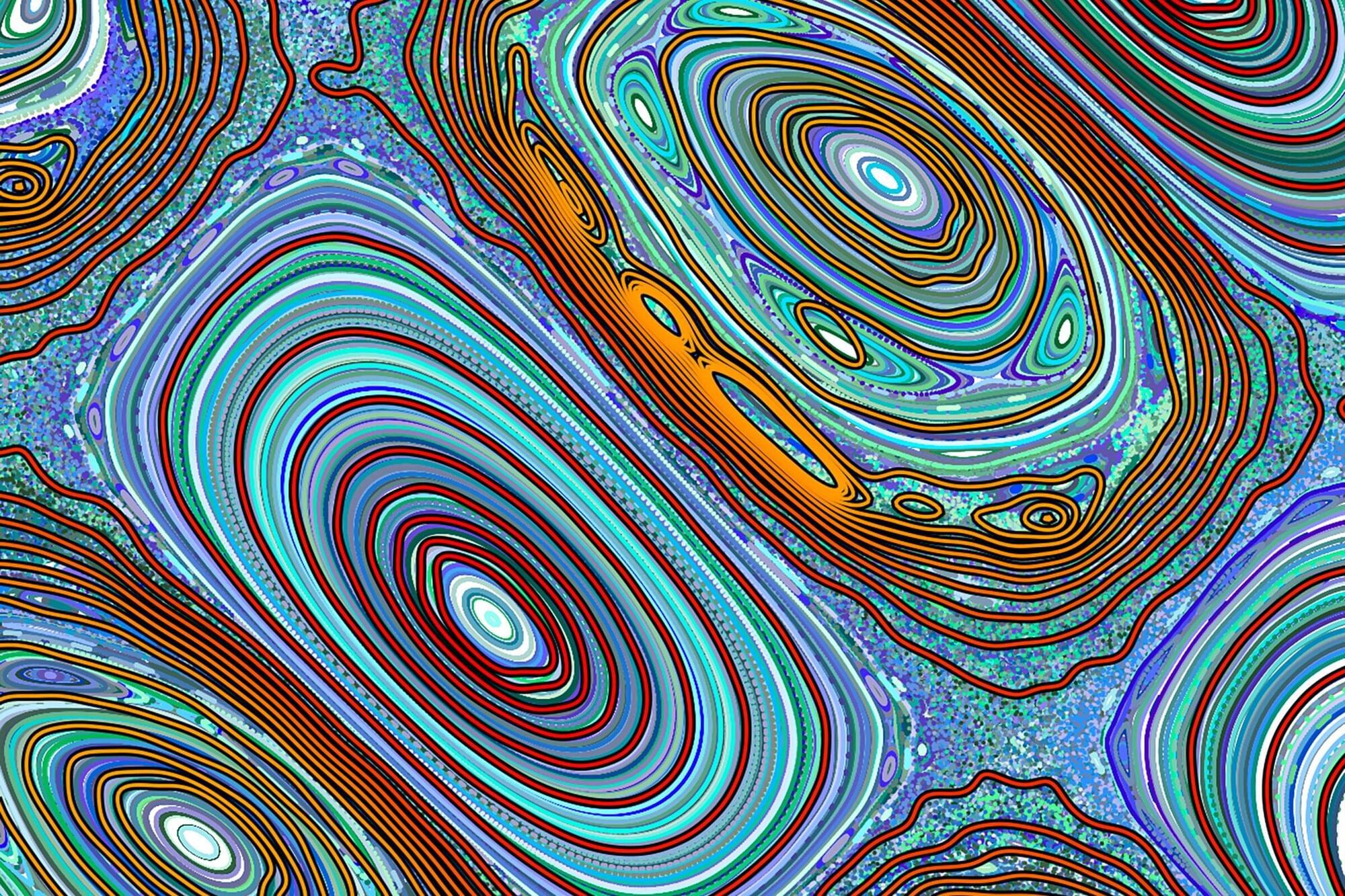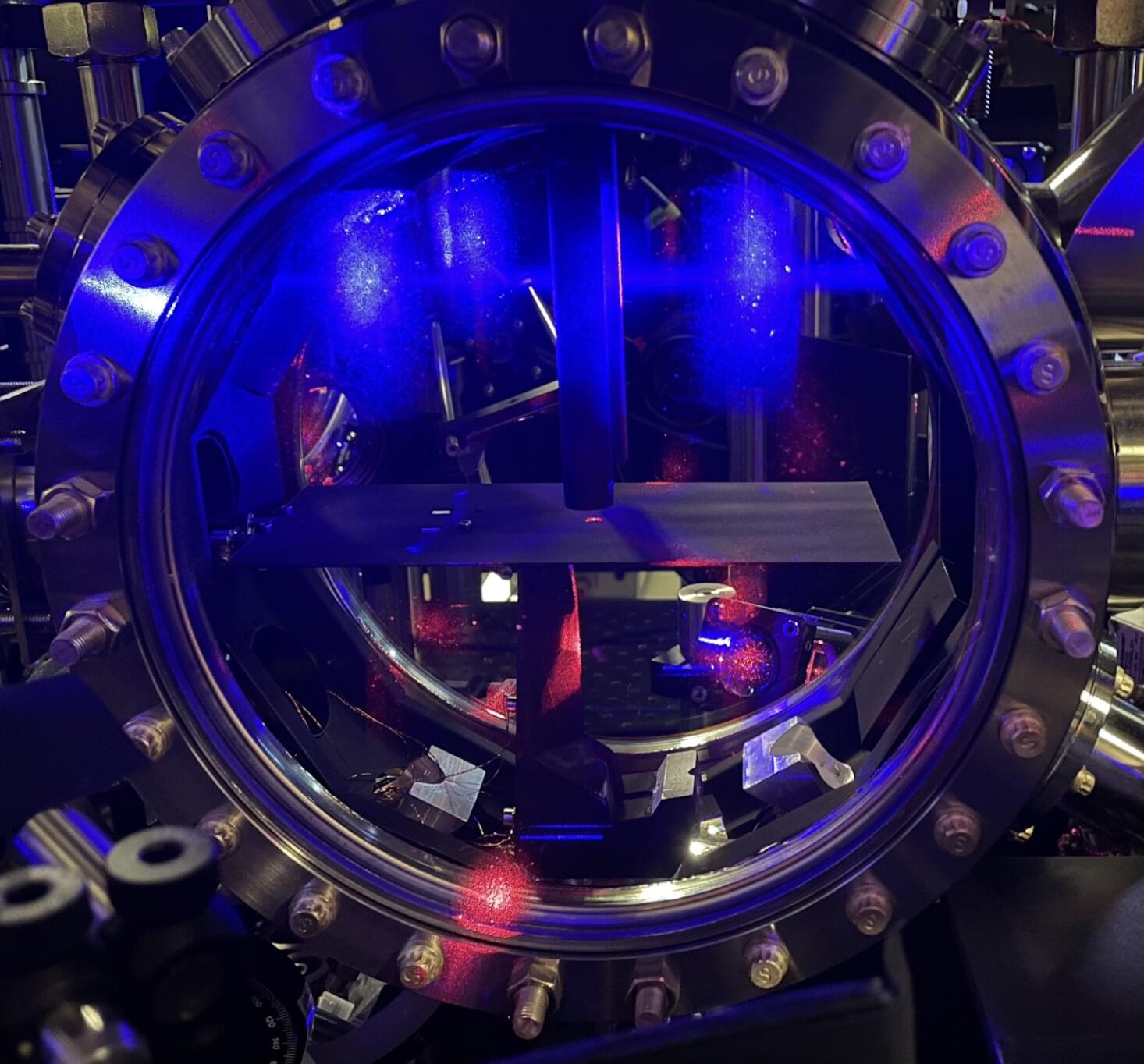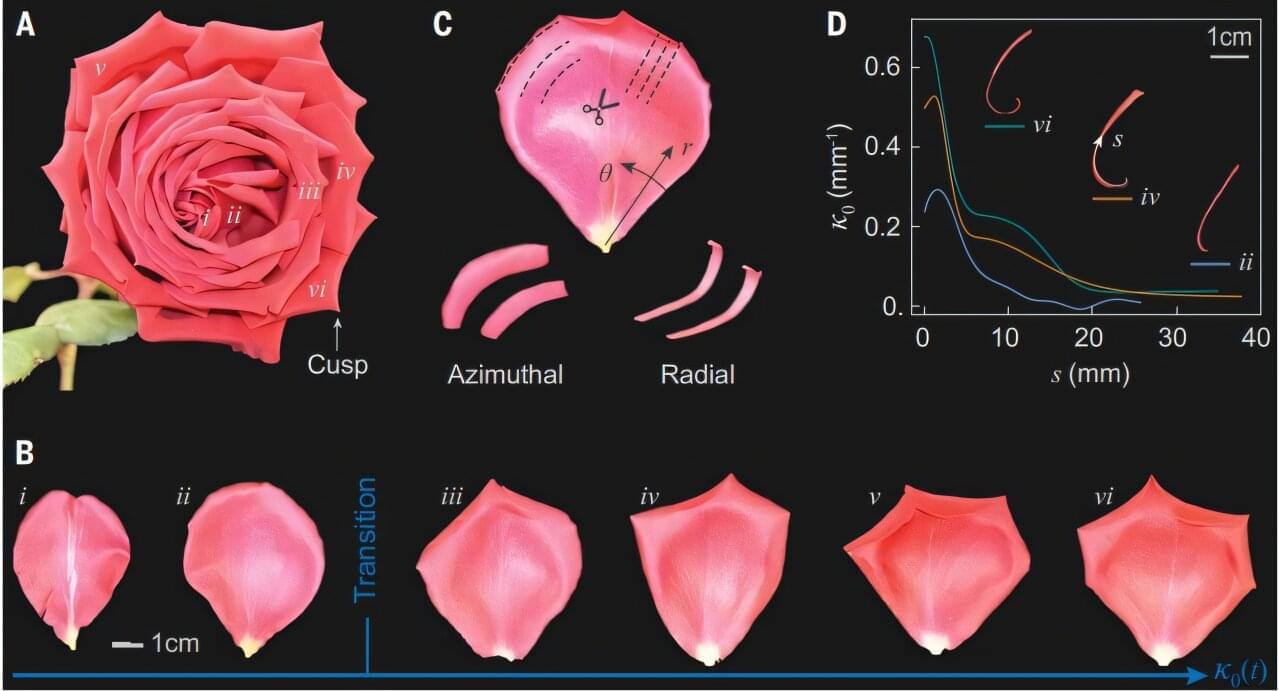Abundant, low-cost, clean energy—the envisioned result if scientists and engineers can successfully produce a reliable method of generating and sustaining fusion energy—has taken one step closer to reality, as a team of researchers from the University of Texas at Austin, Los Alamos National Laboratory and Type One Energy Group has solved a longstanding problem in the field.
One of the big challenges holding fusion energy back has been the ability to contain high-energy particles inside fusion reactors. When high-energy alpha particles leak from a reactor, that prevents the plasma from getting hot and dense enough to sustain the fusion reaction. To prevent them from leaking, engineers design elaborate magnetic confinement systems, but there are often holes in the magnetic field, and a tremendous amount of computational time is required to predict their locations and eliminate them.
In their paper published in Physical Review Letters, the research team describes having discovered a shortcut that can help engineers design leak-proof magnetic confinement systems 10 times as fast as the gold standard method, without sacrificing accuracy. While several other big challenges remain for all magnetic fusion designs, this advance addresses the biggest challenge that’s specific to a type of fusion reactor first proposed in the 1950s, called a stellarator.






